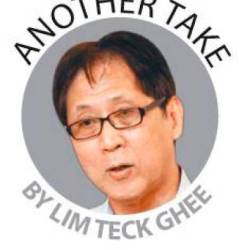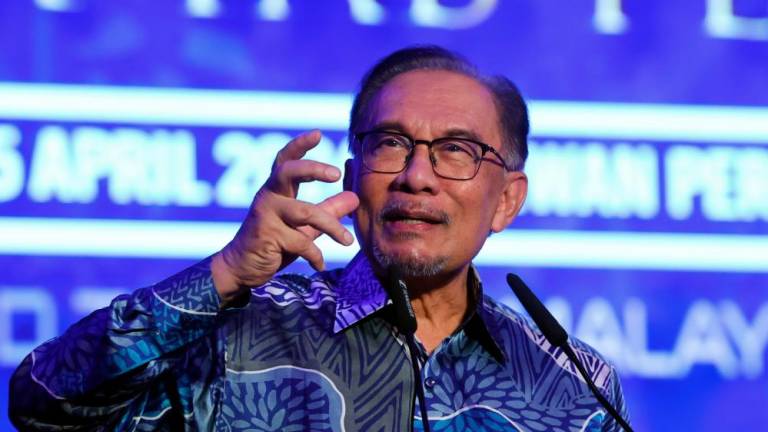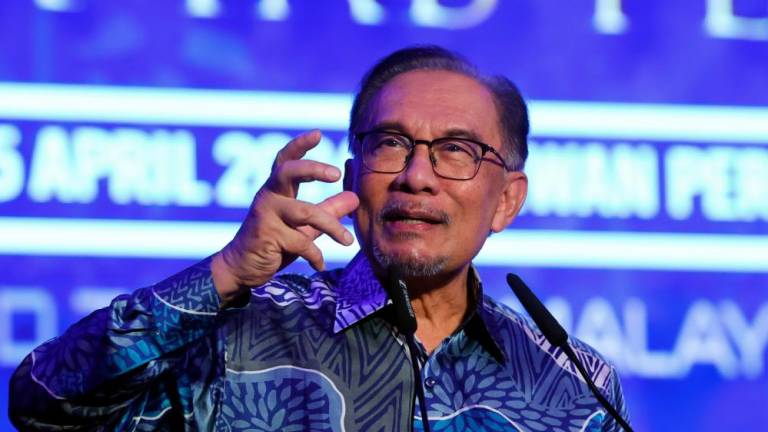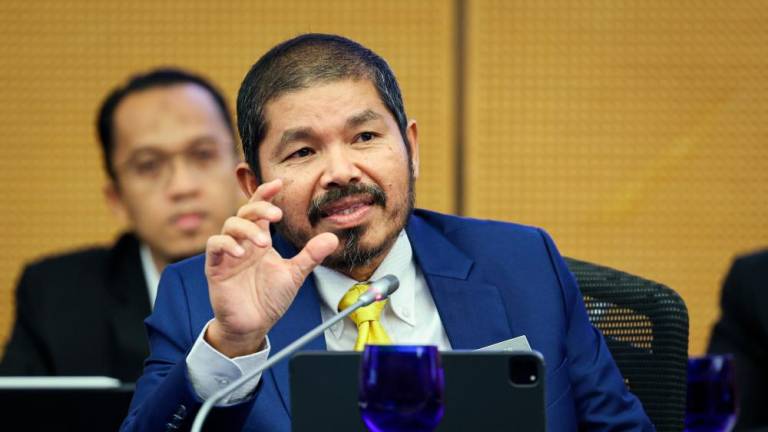THE name of Tan Teck Soon is probably unfamiliar to the great majority of Chinese in Malaysia although he was an important figure in colonial Malaya and played a key role in Chinese education and political culture.
It will be very surprising if the name will be recognised by more than a very small number of the young generation educated and social media savvy Chinese today or if they can recall his contribution to the Chinese in Malaysia.
To correct this lacunae in the region’s intellectual and political history, Christine Doran described him in a Singapore academic journal in 2006 in the following way:
“Tan Teck Soon was an influential Chinese scholar who contributed to the reformist impulse within the Chinese community in Singapore around the turn of the 20th century. This article calls attention to the importance of Tan’s work, which has been comparatively neglected by historians. It examines the nature of Tan’s political thought and provides a detailed analysis of two significant articles which were markers of his political development. The article emphasises the salience of concepts of progress in Tan’s thinking, and charts the radicalisation of his political ideas during the first decade of the 20th century.”
Here is more information on him for those who are interested in Chinese intellectuals and activists who have made a difference to the political and intellectual development of early Malaya.
Tan Teck Soon was educated at Raffles Institution and his academic brilliance won him the prestigious Guthrie scholarship at the age of 14.
Turning down the choice to study in Britain, which was the preferred destination for other winners, he chose to study in China.
In the years after his return, he became the editor and proprietor of the Daily Advertiser, a newspaper which covered news from mainland China.
He was also an educator through the Singapore Chinese Educational Institute, an institute for adult education; the author of Bright Celestials; frequent contributor to the Straits Chinese Magazine and subsequently the manager of the Chinese-language newspaper Thien Nan Shin Pao.
For most of his life he was an indefatigable writer, social commentator and original thinker on the Chinese in Singapore and Malaya, and in China.
Several features of his career as an intellectual and activist reformer can be discerned.
The first was his belief in the importance of modern science, medicine, technology and education during his time and his advocacy for its application in China and colonial Malaya.
The second was his participation in the development of a public sphere in Singapore whose impact extended to the rest of Malaya.
Together with the better known Dr Lim Boon Keng, he contributed to print media in English, Malay and Chinese, as well as through his active role in the formation of new intellectual societies.
The two towering figures, together with a small group of Straits Chinese educated, were pioneers of a diasporic nationalism and a cultural sense of Chineseness which provided a basis for differentiating themselves from Western and colonial thought.
It was also the starting point of a Malayan consciousness.
Although Tan’s main intellectual interests were focused on cultural and educational concerns, he was also outstanding in voicing the opinion that the Straits Chinese elite was more than a match for the British not only in educational and social achievement but also in business.
In one paper he provided to the Straits Philosophical Society, which comprised the creme de la creme of European official and private sector leaders, he emphasised to his English audience the economic contribution the Chinese had made to Malaya.
The Chinese, Tan argued, had developed the land of the Malay States at a time when the British had avoided intervention and had worked to facilitate trade into the interior, often in precarious circumstances and without government protection.
Another paper to the Society touched on educational problems in Singapore.
Key in the paper was his stand on social reform amongst the Straits Chinese and the educational challenges faced by the various communities of the Peninsula.
Also noteworthy was his critique of the supreme position of the Europeans in the colony and their lack of concern for the peoples of the settlement.
Furthering his earlier critiques of British governance in the colony, he argued that the Europeans lived in a world separated from the other members of the colony and made only “feeble and spasmodic attempts” to understand and reform the other communities.
But he also recognised that what was lacking in Malaya was a sense of community, made more acute by the reality of the “plural society”.
In his critique which can also be seen to apply to the situation today, he noted that “except as regards the strenuous pursuit of dollars, each (community) leads a life of his own entirely indifferent to the existence or proximity of the other”.
Tan’s opinion about the plural society anticipated Furnivall’s much quoted depiction of the “plural society” of colonial Java and Burma, in which Europeans, Chinese and natives, each contained within their own religion, culture and language, met only in the marketplace.
Finally, and perhaps most relevant to the situation in the world today was his argument against western stereotyping of the Chinese and China’s civilization.
The China of his time was fragmented, lacked national unity and was perceived as stagnant and technically backward.
Hence, it was in the process of being divided up by western powers, the United States and Japan.
Rejecting western views of China, Tan argued that Chinese civilization was not only progressive but also flexible and tolerant.
Noting the ability of Chinese thinkers to mix different schools of thought, such as Taoism, Confucianism and Buddhism, he also challenged the myth of Chinese insularity, stagnation and resistance to progress.
The central thrust of all of Tan’s work as noted by Christine Doran was “to highlight the Chinese both in China and overseas, in a progressive light. Thus Tan Teck Soon fashioned a conceptual counter to prevailing Western notions that China lacked a history and that its historical development had ceased long ago”.
It would be interesting to know what would be the reaction of Tan Teck Soon to the position of the Chinese in Malaysia and China’s position in the world today.
Since that is not possible, students of Malaysian history may want to delve into the writings of Tan Teck Soon, including that which he wrote in Chinese.
It is possible that his work may also have appeared in Malay in Straits Chinese Herald, Malaysia Advocate, Bintang Timor and other periodicals from the time which some consider marked the golden age of Straits Chinese literature.
Lim Teck Ghee’s Another Take is aimed at demystifying social orthodoxy. Comments: letters@thesundaily.com











